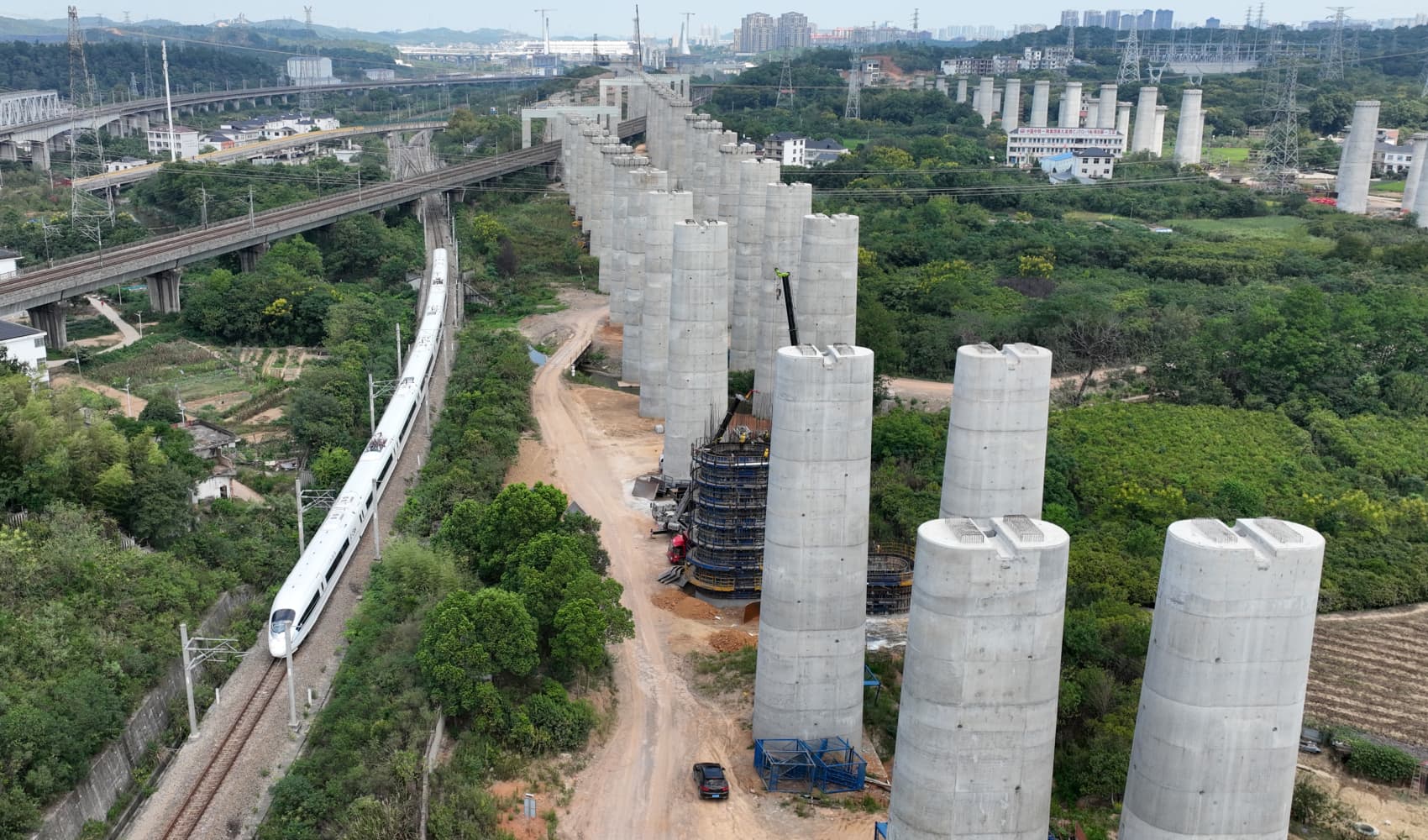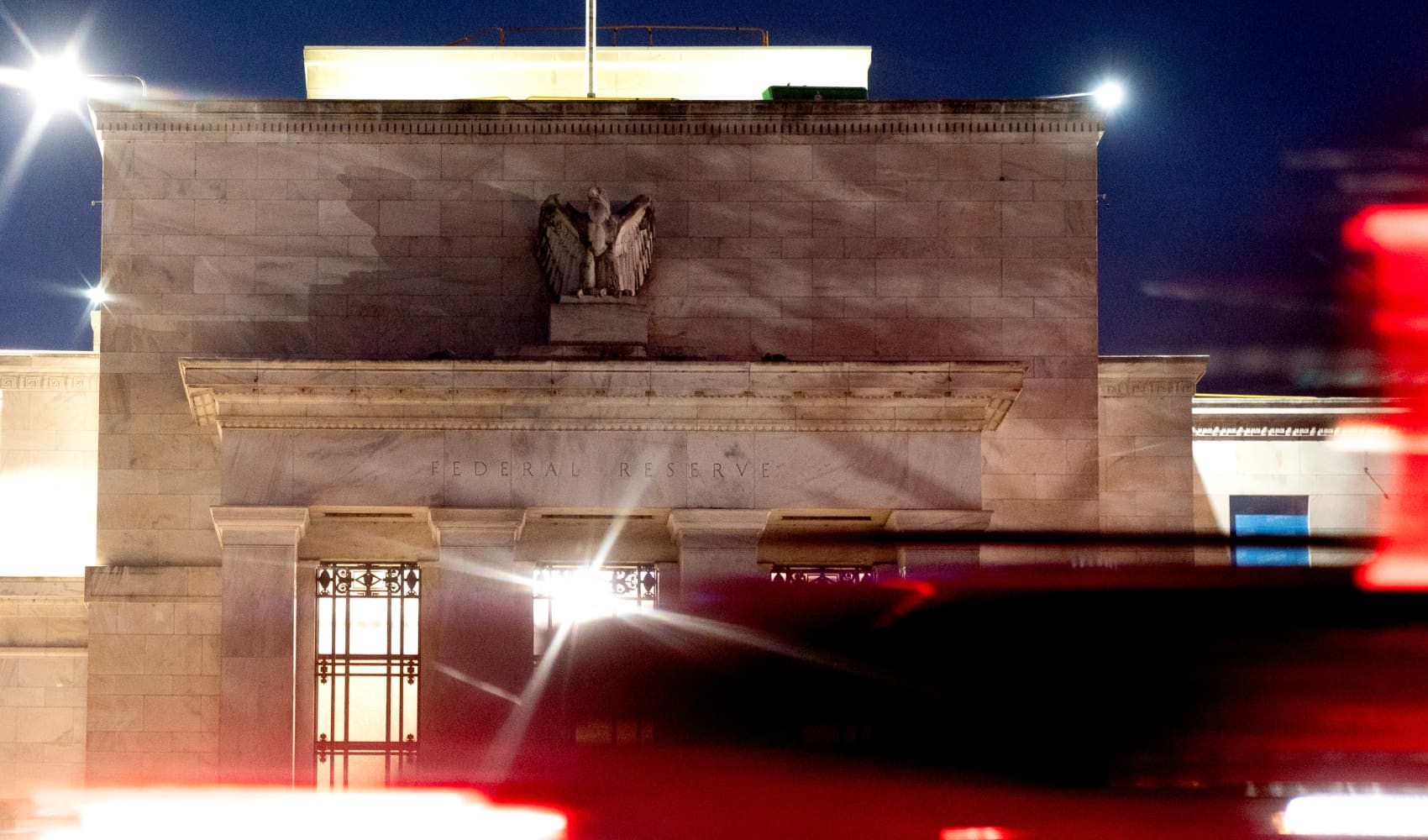
- Amid high prices, steep interest rates, and unemployment worries, the New Zealand government estimates that a record 131,200 of its citizens have moved overseas in the past 12 months through June.
- A lack of quality jobs for kiwis, especially New Zealand's younger generations, is accelerating the exodus, with the trend unlikely to stop anytime soon, according to an economist.
Once recognized by the world as a picturesque and progressive safe haven, New Zealand's frail economy has pushed many of its citizens to leave the country.
Amid high prices, steep interest rates and elevated unemployment, the government recently estimated that 131,200 people fled the country in the past 12 months through June, a record high. Among those, about 80,200 were citizens, nearly 70% higher compared to the year ended June 2019, before the pandemic.
Wilson Ong, 32, who works as a manager and buyer in New Zealand's fashion retail industry, has seen many of his friends leave, and he's planning to join them.
"For me, the key factor is quality of jobs," he said. "In New Zealand, you feel limited in terms of job opportunities and what you can gain in work experience."
It's long been common for younger New Zealanders, also known as kiwis, to seek experiences abroad, with strict Covid-19 lockdowns having delayed many travel plans.
Get Tri-state area news delivered to your inbox. Sign up for NBC New York's News Headlines newsletter.
"We're seeing a bit of pent up demand for that sort of experience to live overseas," Nick Tuffley, chief economist at New Zealand's ASB Bank told CNBC's "Street Signs Asia" on Friday.
Money Report
A turbulent economic recovery from the pandemic, however, has also been an "encouragement factor" pushing millennial and Gen Z kiwis to leave, said Tuffley. "It has been tough."
More than 50% of New Zealand's emigrants in the year ended June 2024 were people aged between 20 and 39, according to government statistics, with those between 25 and 29 making up the largest group.
"Over the course of the last year and a half, the New Zealand economy has been slowing, and job losses are beginning, especially for the youngest generations," said Shamubeel Eaqub, principal economist at the New Zealand Institute of Economic Research.
"Until the job market improves, I wouldn't expect those economic refugees to stop leaving from New Zealand," he said.
Cost-of-living crisis
Early in the pandemic, the New Zealand government implemented strict lockdowns and a mandatory 14-day managed isolation facility for those arriving into the country, in an effort to eliminate Covid.
Before managed isolation was enforced, then-Prime Minister Jacinda Ardern said that nearly 40,000 kiwis had returned home between March 20, 2020, and April 9, 2020 — more than all the hotel rooms available across the country.
New Zealand was later lauded for a speedy pandemic response that eliminated the virus for long periods, leading to low mortality rates.
Ong had postponed plans to move to England in 2020, and decided to stay in New Zealand, which he saw as a safer place to wait out the pandemic. He became a beneficiary of Covid-era wage subsidies and was later able to return to his previous job in the country's biggest city, Auckland.
But these subsidies have since dried up and many small businesses that had closed during pandemic lockdowns never reopened. Meanwhile, persistently high inflation has reduced the purchasing power of the country's roughly 5 million consumers.
In the June quarter 2022, New Zealand's annual inflation rate hit 7.3%, its highest level in over three decades. While it has since cooled to 3.3% as of June quarter 2024 , it remains over The Reserve Bank of New Zealand's medium term target range of between 1% and 3%.
The country's housing affordability — rents and mortgages compared to salary — remained high, with housing affordability remaining worse than long-term averages, according to data from CoreLogic.
Meanwhile, as the country's economy has been sputtering in and out of recession, Ong said wages in his industry stagnated, making him feel economically worse off than he did pre-pandemic.
"I think a feature of a bad economy is a lack of opportunity to raise your wages relative to the cost of living," said Ong, who is currently searching for jobs in a number of countries.
The share of income needed for mortgage payments has hovered between 53% and 57% range in the past three years, CoreLogic NZ Chief Property Economist Kelvin Davidson said in August.
Putting this into perspective, "mortgage payments only reached 50% or more of income for six quarters" in 2007-2008, during the global financial crisis.
Low wages
Data shows that neighboring Australia is the most frequent destination for New Zealand's emigrants.
Not only is the economy better next door, the Australian government makes it easy for kiwis to move under a special visa. Since July 2023, New Zealand citizens who have lived in Australia for at least four years can directly apply for citizenship.
The Australian government has also sought out kiwi workers in the public sector. In recent months, Australia has paid for full-page advertisements in editions of the New Zealand Herald, promising "warmer days and higher pays" to kiwi police officers, according to local media.
A recent salary guide for New Zealand and Australia from recruitment company Hays has found that roles across a wide range of industries were paying significantly higher in Australia.
For example, based on Hays data, a construction foreman, a tradesperson in charge of a crew, could make over 60% more in Sydney than in Auckland.
Indeed, a construction slowdown in New Zealand has opened the door to New Zealand losing construction workers and engineers to places like Australia, according to ASB Bank's Tuffley.
"We're also potentially losing skills of the people who've been through university in New Zealand, looking to go somewhere else in the world," Tuffley said.
While New Zealand's net immigration has long made up for labor shortages left by emigrants and slow birthrates, rising unemployment suggests New Zealand may now be dealing with a skills mismatch, he added.
Worse before it gets better
Despite growing worries about brain drain and a loss of skilled workers, there is little that New Zealand can do in the short term to improve its economic conditions, according to Eaqub.
"I think [ the economy] is going to get worse before it gets better," he said, partially attributing blame to a number of New Zealand's post-Covid policy moves, such as high interest rates, that have restricted consumer and business spending.
While the Reserve Bank of New Zealand cut interest rates 25 basis points last month, Eaqub says it is unlikely that the economy will begin to respond until well into 2025.
The nation's political pendulum swung right last October, when the most conservative government in decades got elected into power.
The center-right National Party reversed the progressive policies implemented by Ardern's Labour government that earned the country significant social cachet among liberals around the world.
National also enforced widespread staffing cuts in the public sector to save money, as well as made reductions in capital expenditure and investment in the private sector.
"We are in austerity, and as a result, the economy has been hit pretty hard," Eaqub said.
—CNBC's Christina Zhao contributed to this report.






